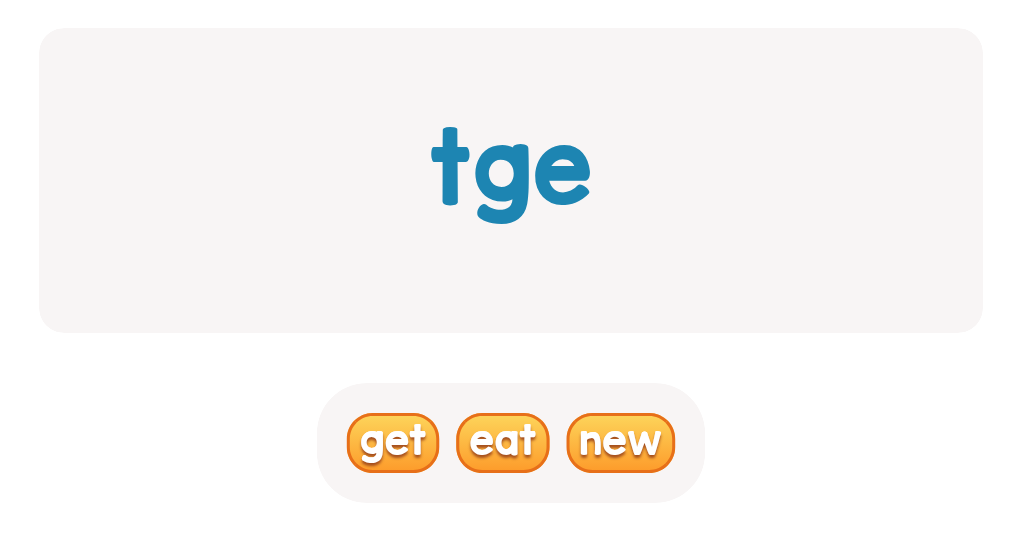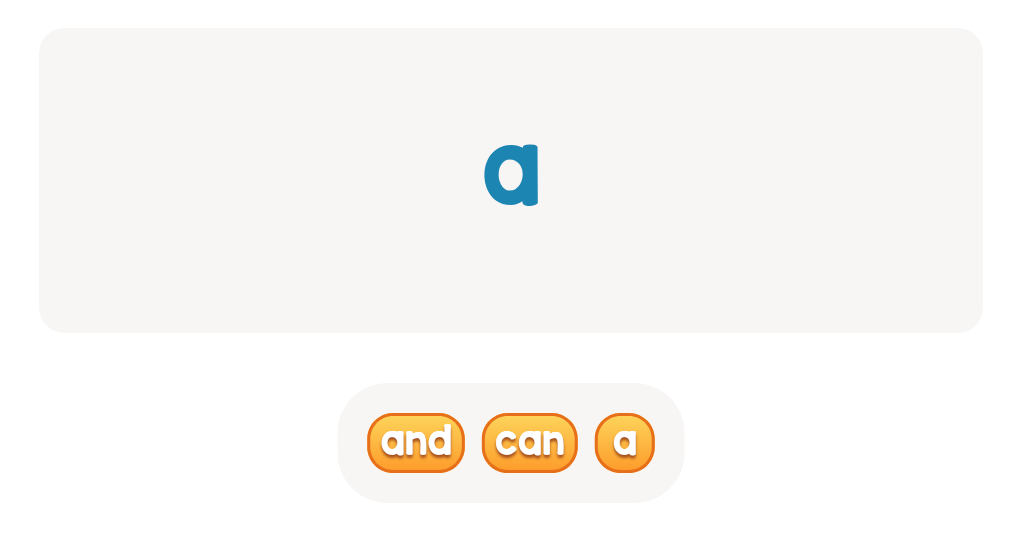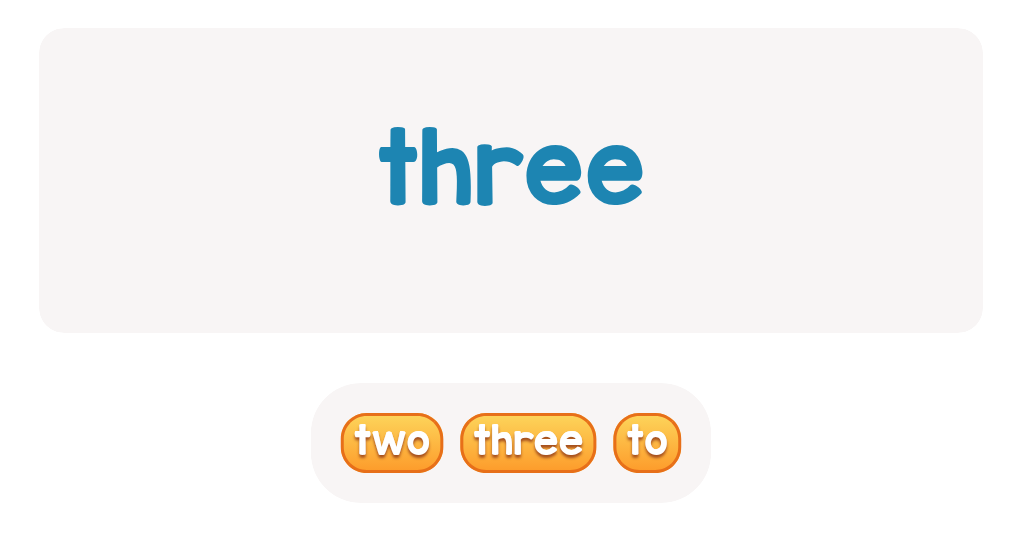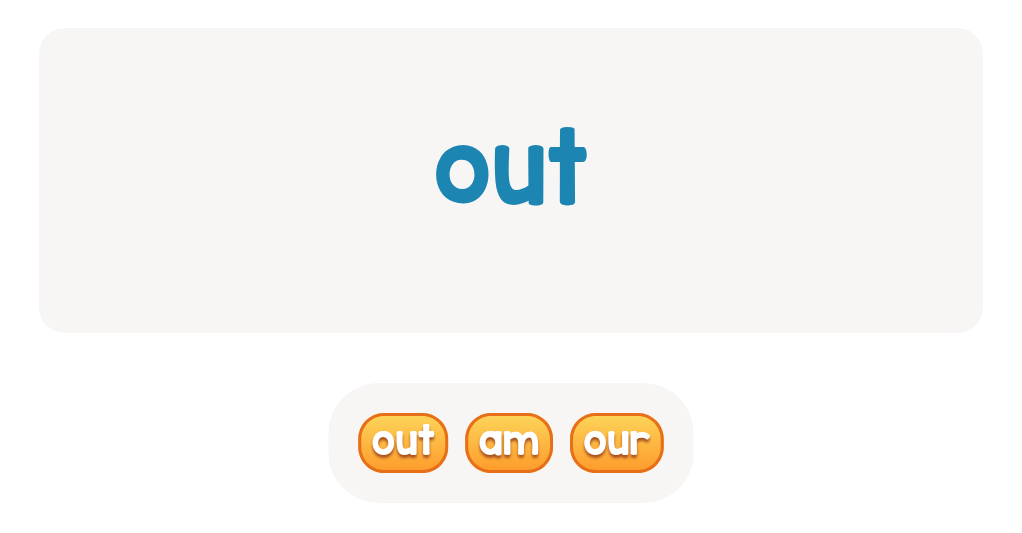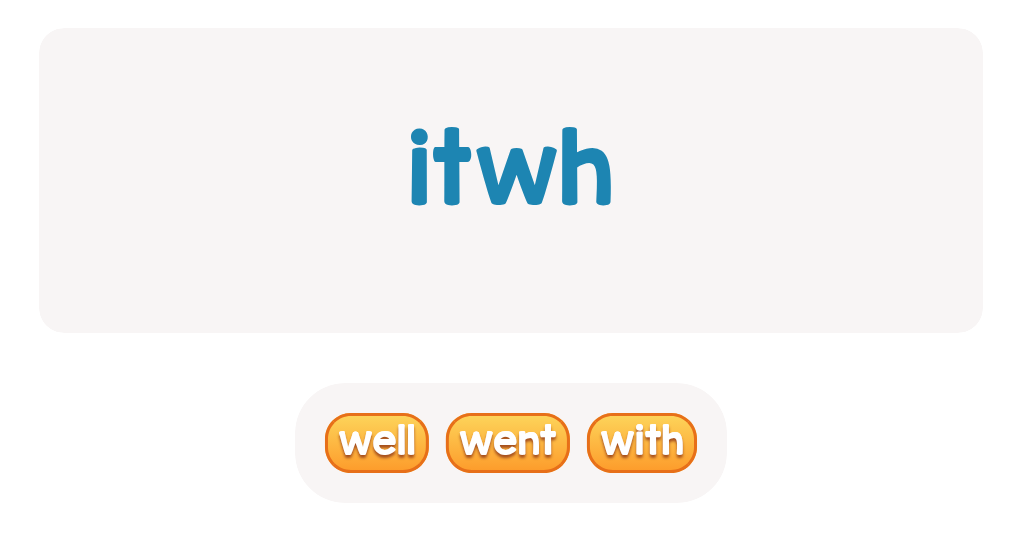Normal Building Vocabulary Worksheets for Ages 3-7 - Page 2
132 filtered results
-
From - To
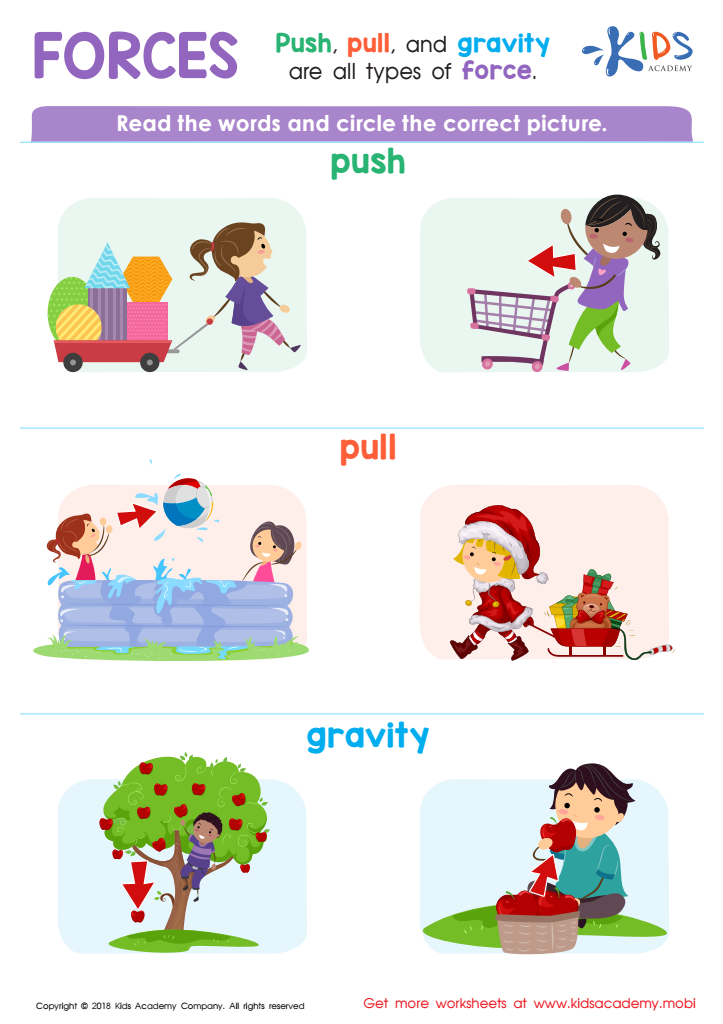

Forces Worksheet
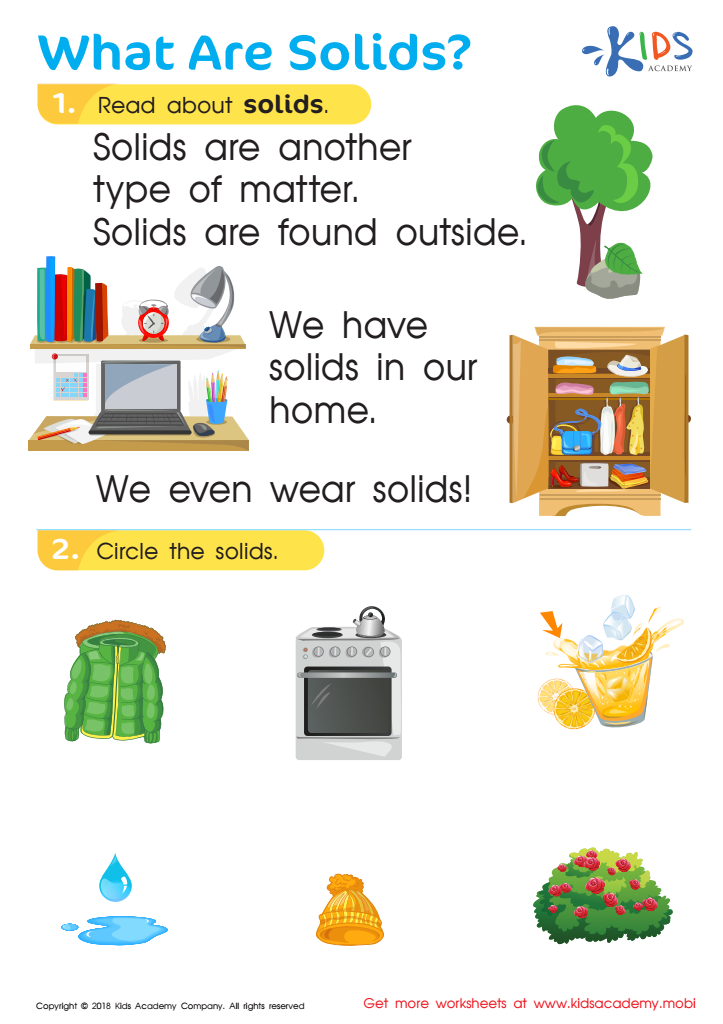

What Are Solids? Worksheet
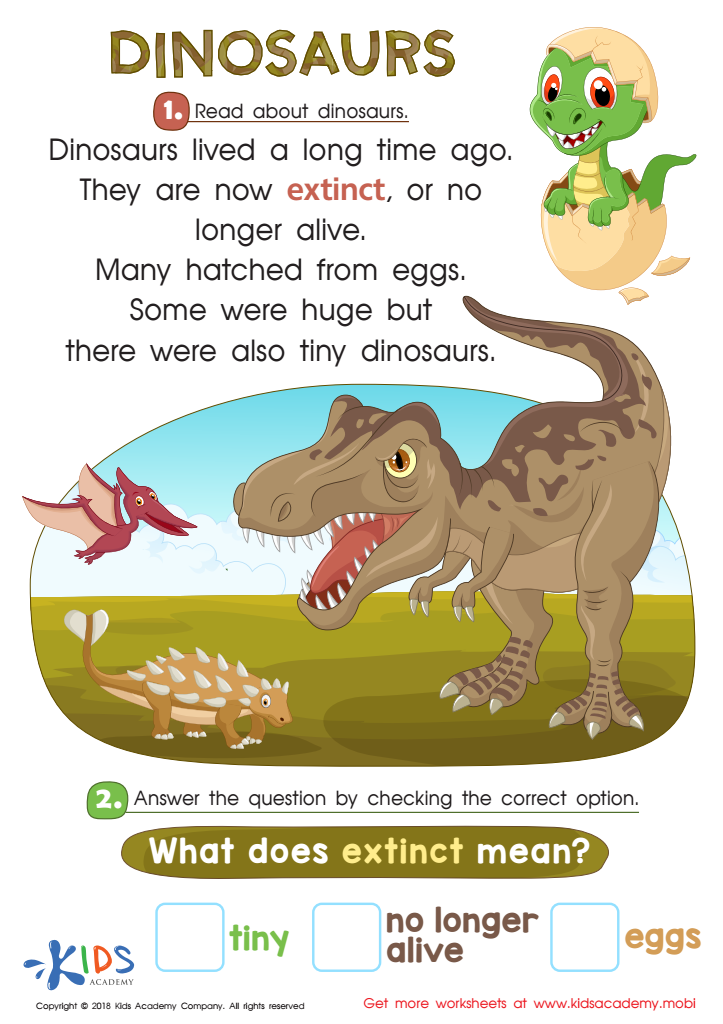

Dinosaurs Worksheet
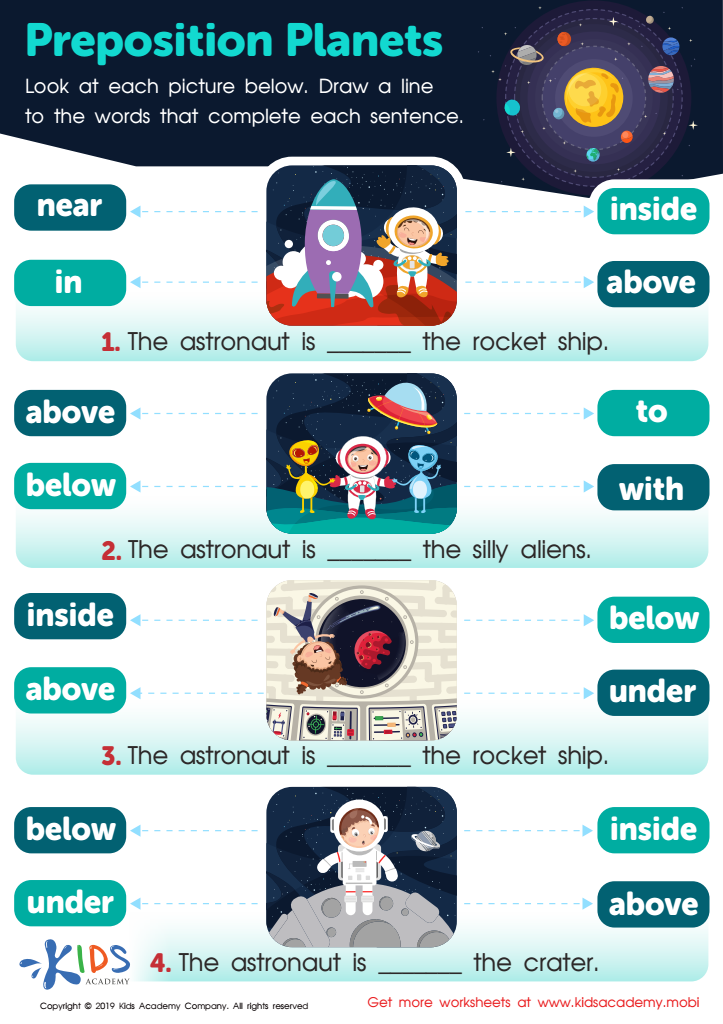

Preposition Planets Worksheet
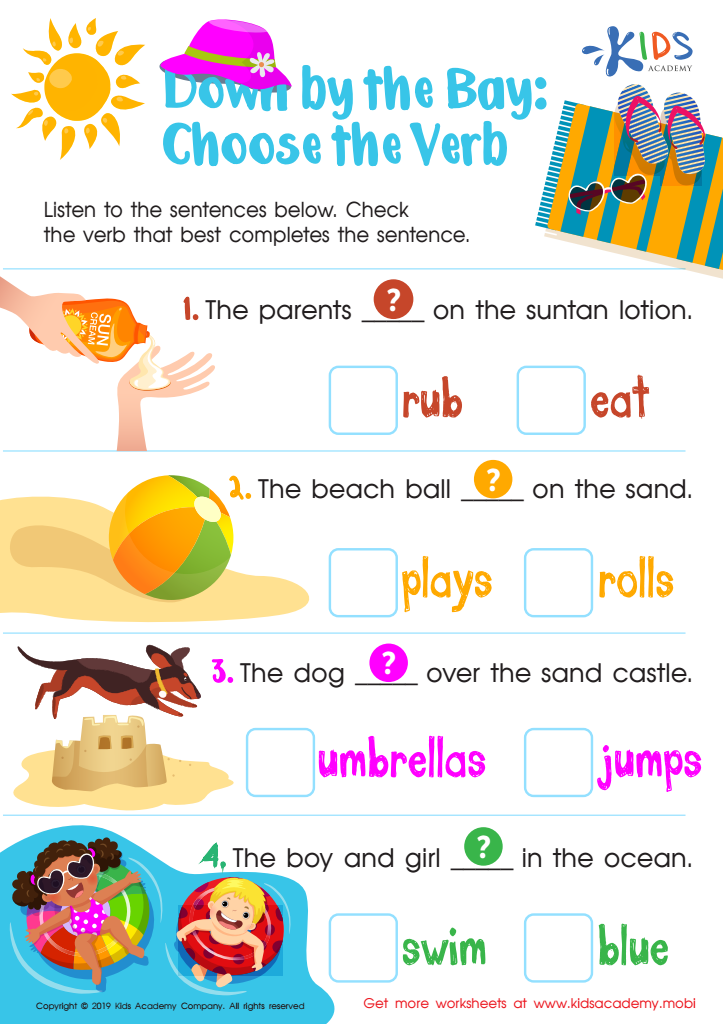

Down by the Bay: Choose the Verb Worksheet
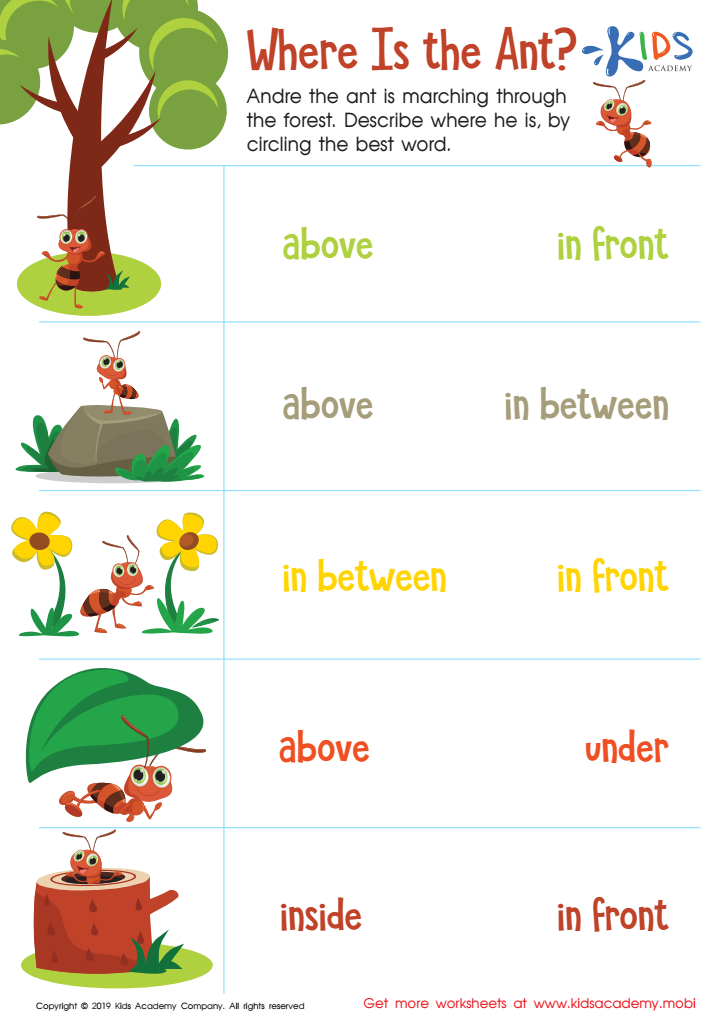

Where Is the Ant? Worksheet
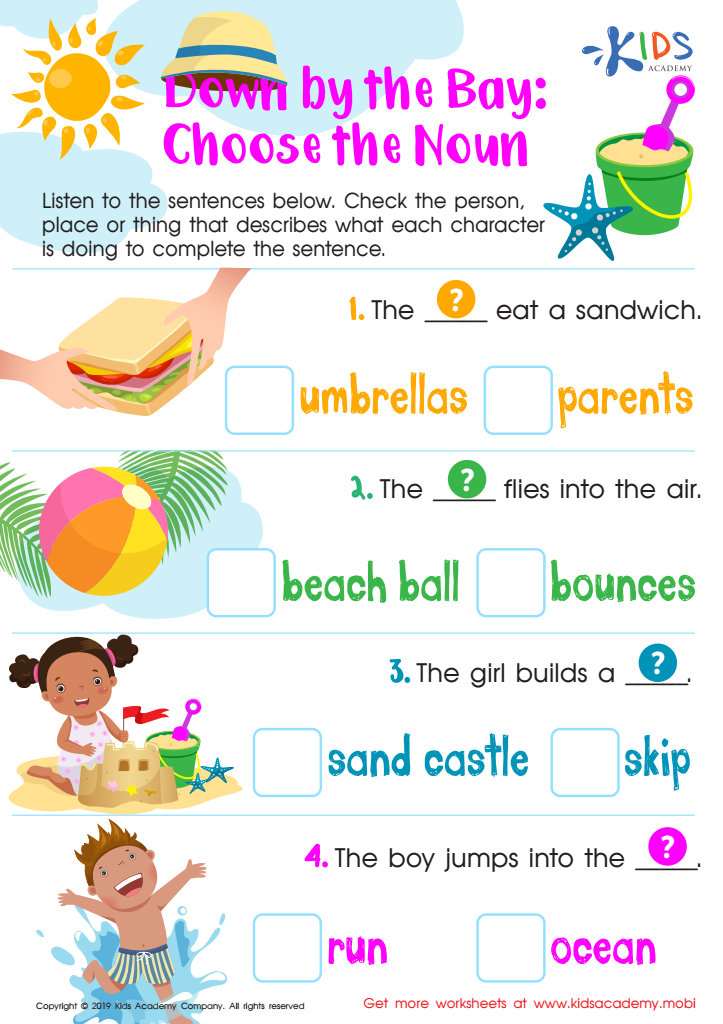

Down by the Bay: Choose the Noun Worksheet
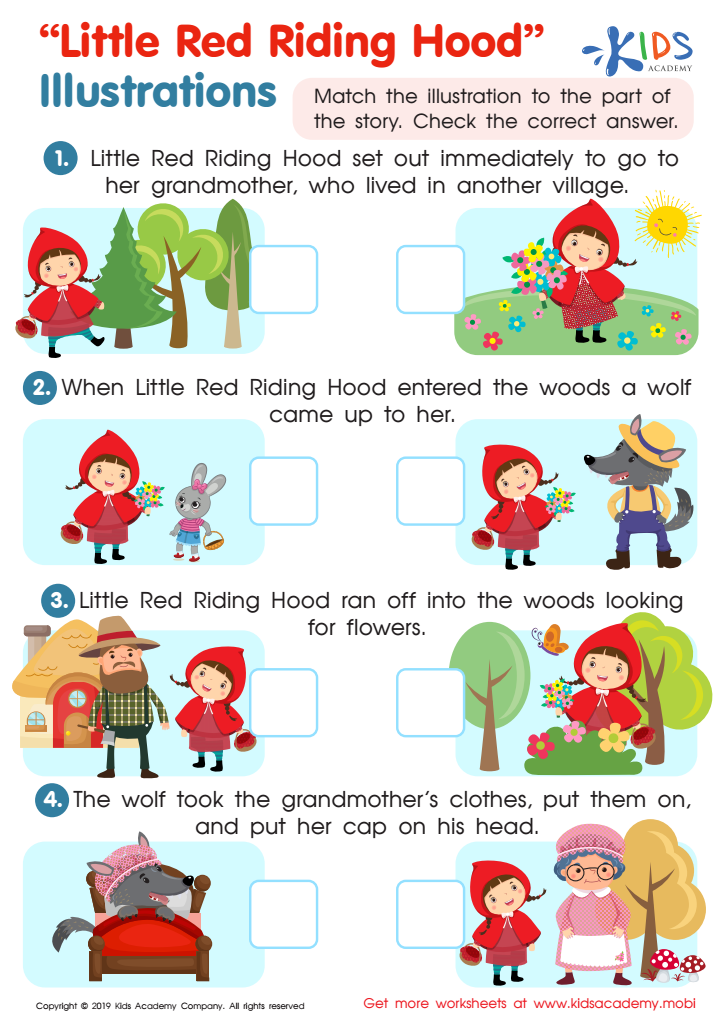

Little Red Riding Hood: Illustrations Worksheet
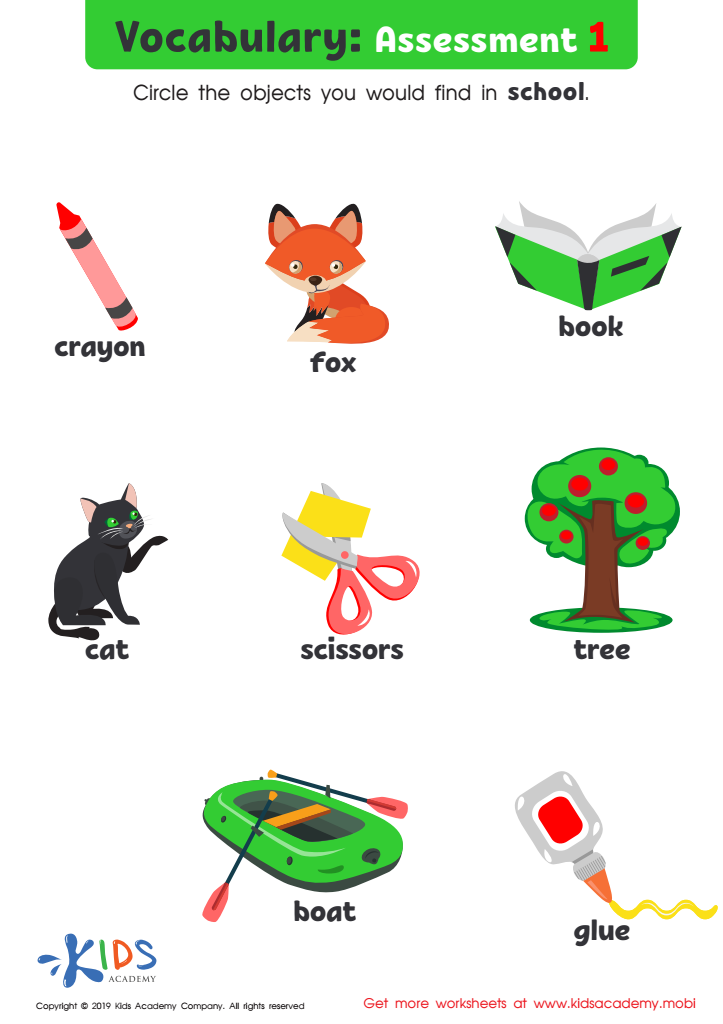

Vocabulary: Assessment 1 Worksheet
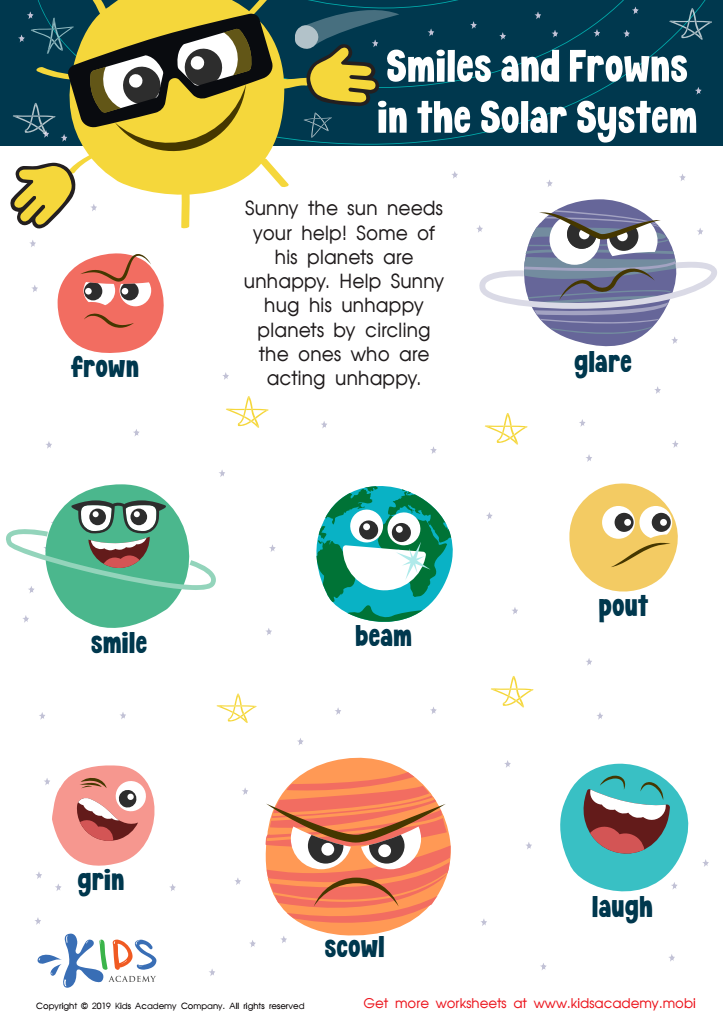

Smile and Frowns in the Solar System Worksheet
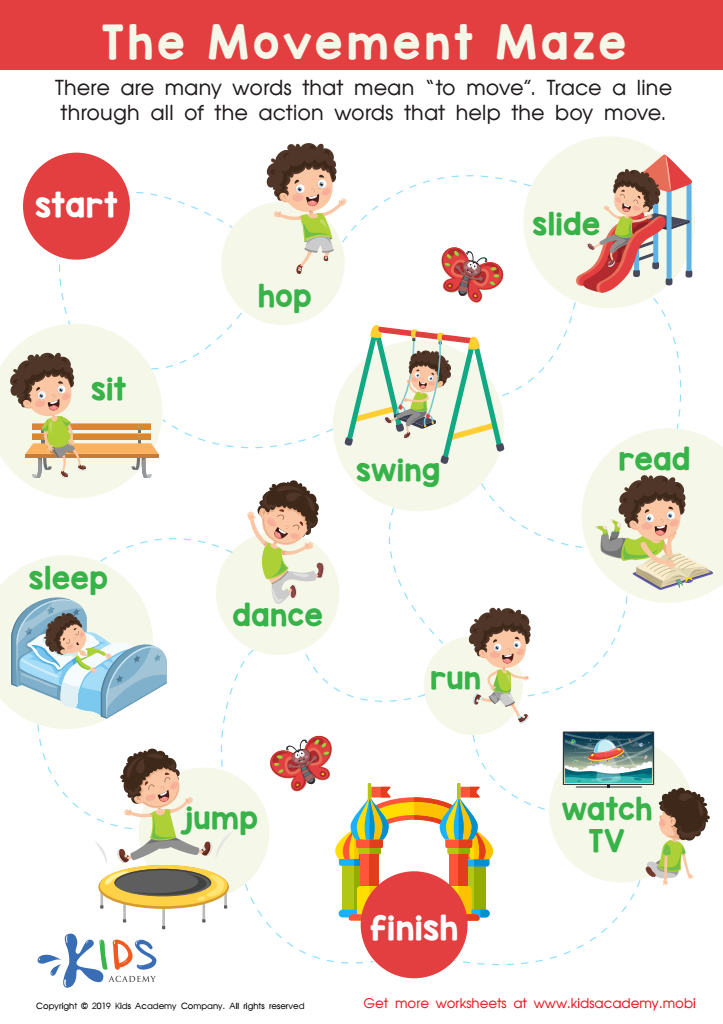

The Movement Maze Worksheet
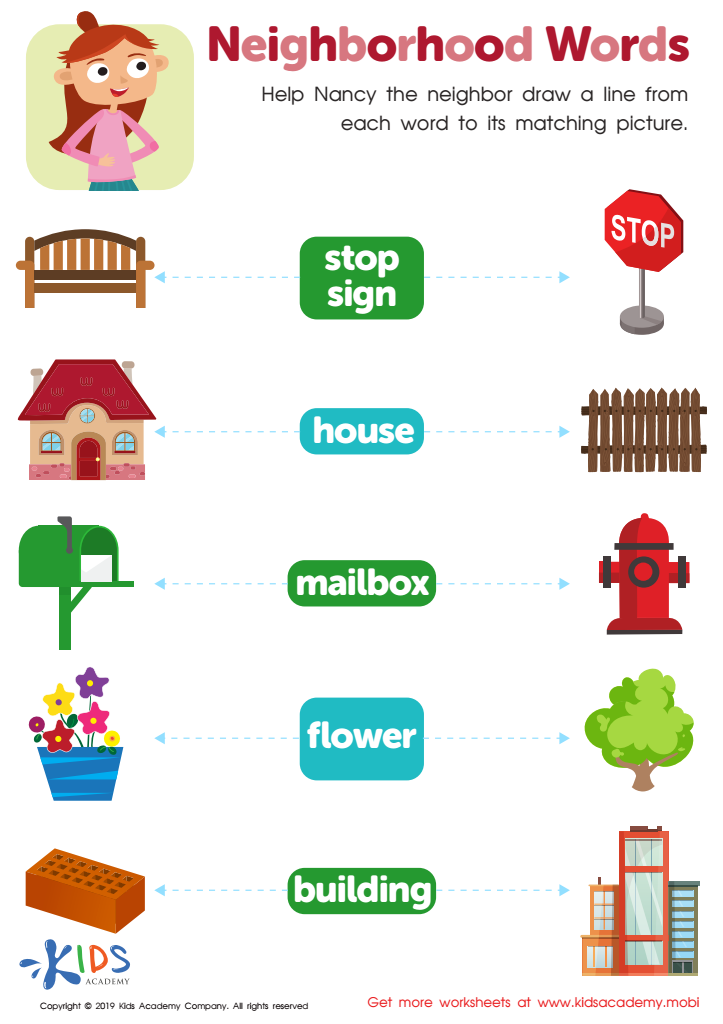

Neighborhood Words Worksheet
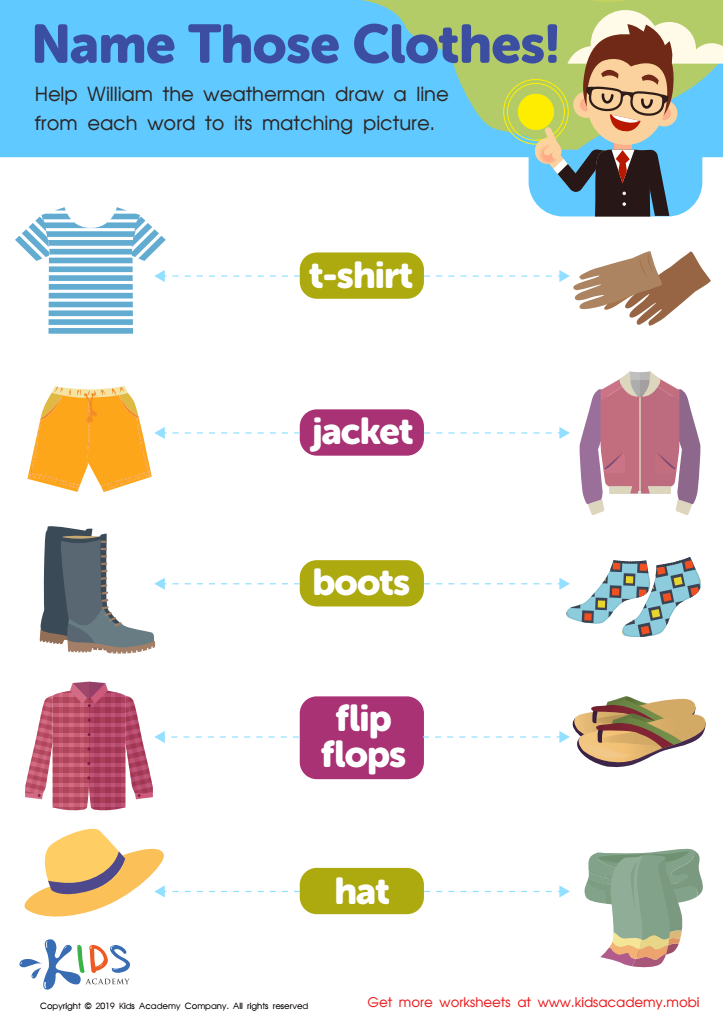

Name Those Clothes Worksheet
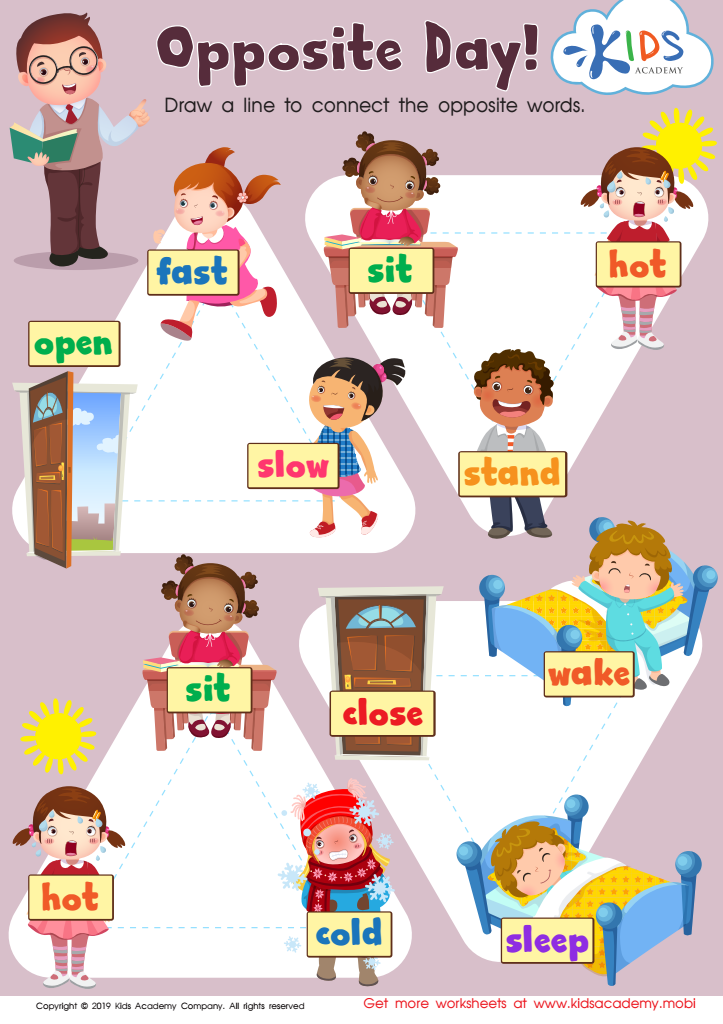

Opposite Day Worksheet
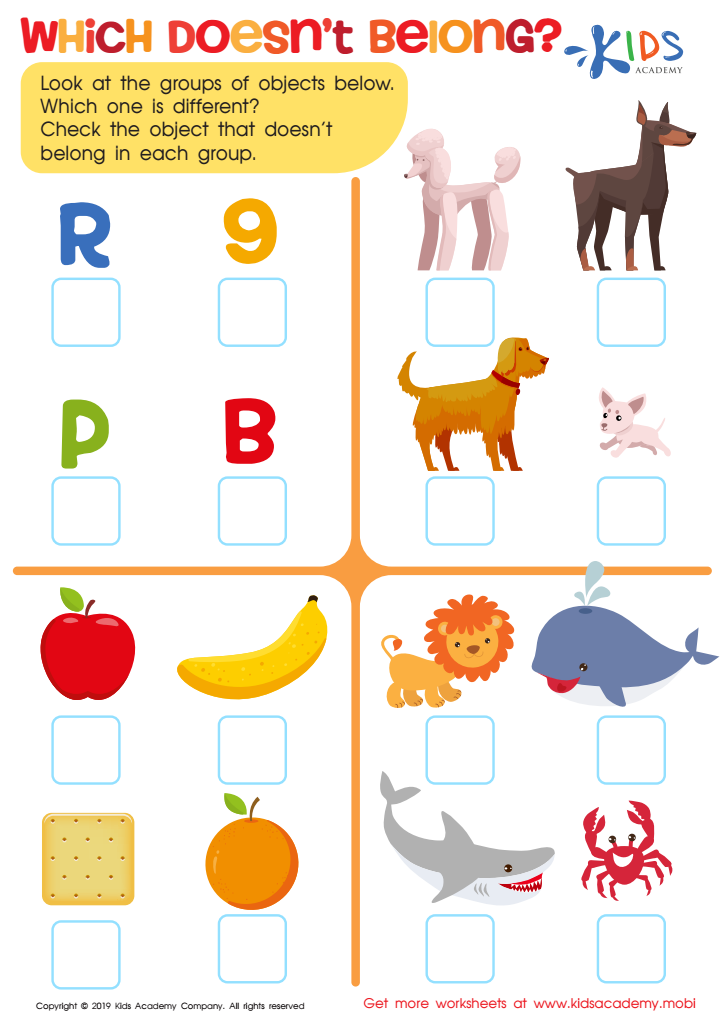

Which Doesn't Belong? Worksheet
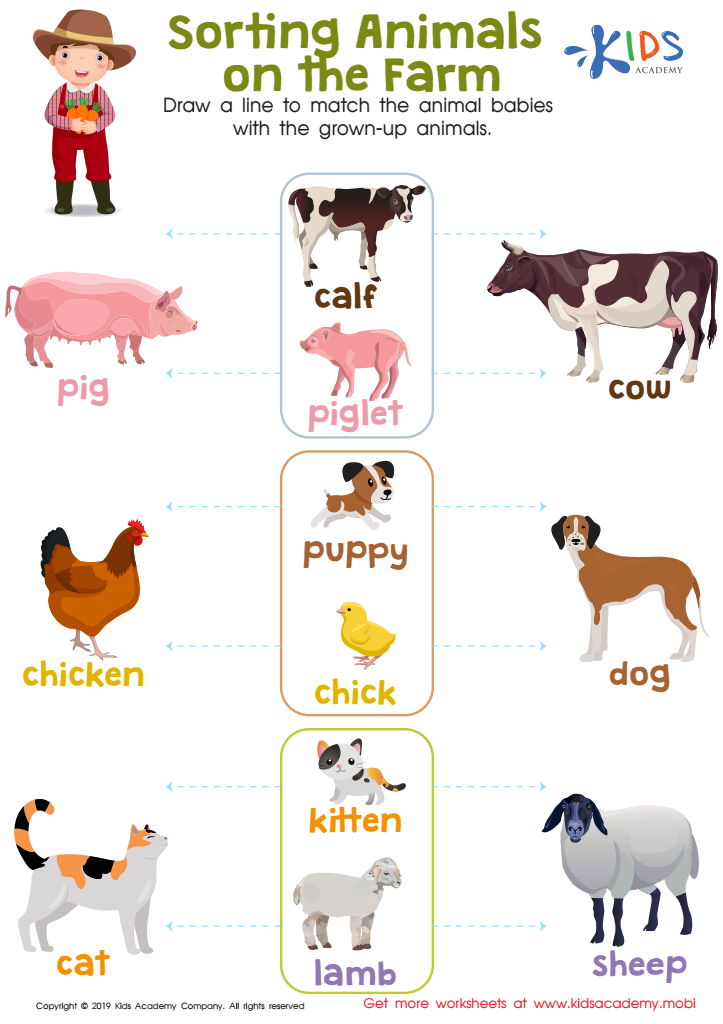

Sorting Animals on the Farm Worksheet
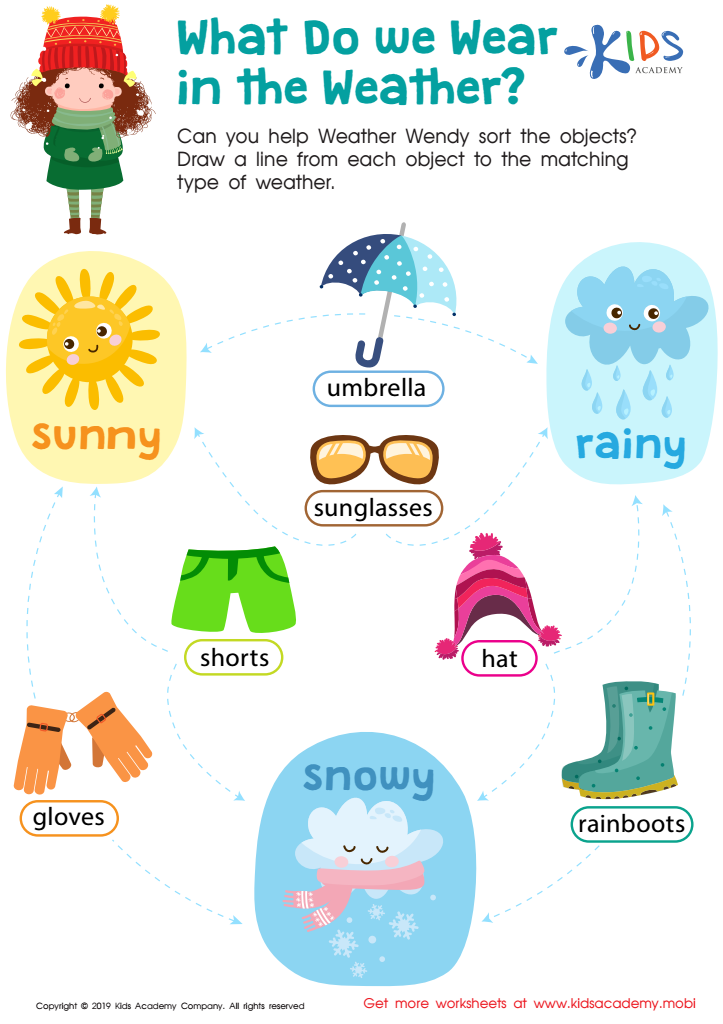

What Do We Wear in the Weather? Worksheet
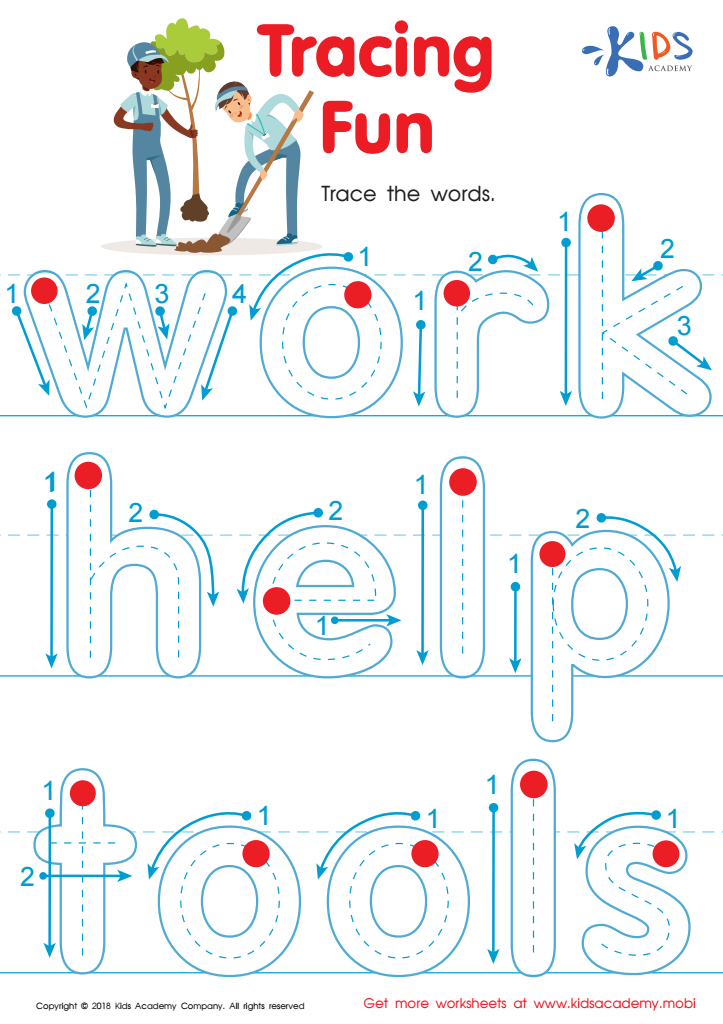

Tracing Fun Worksheet
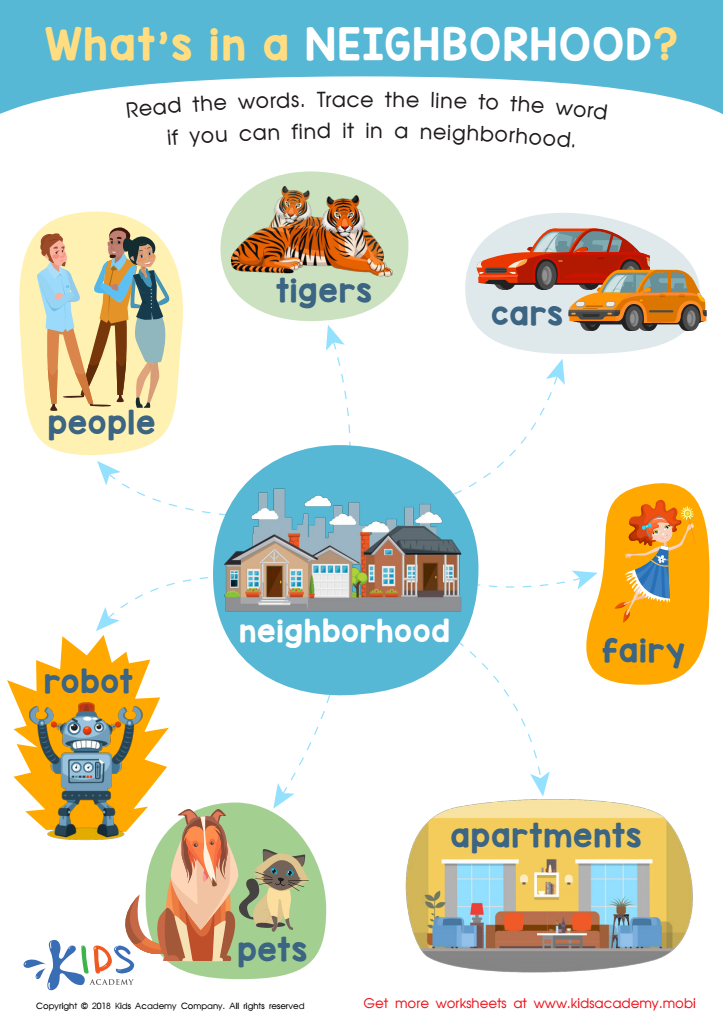

What's in a Neighborhood? Worksheet
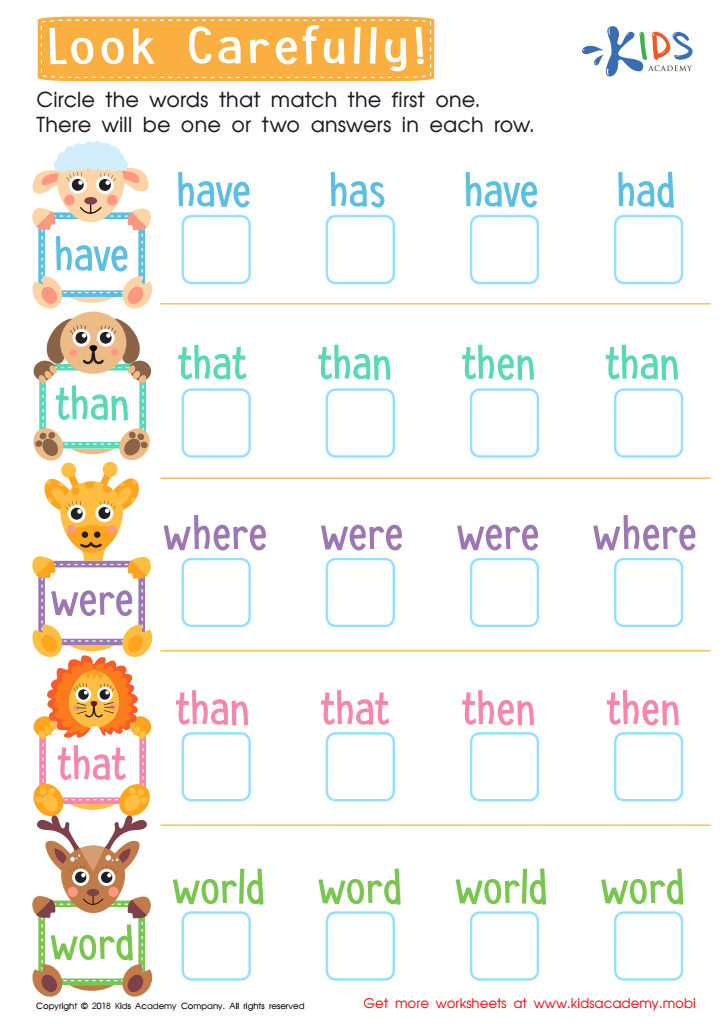

Look Carefully Worksheet
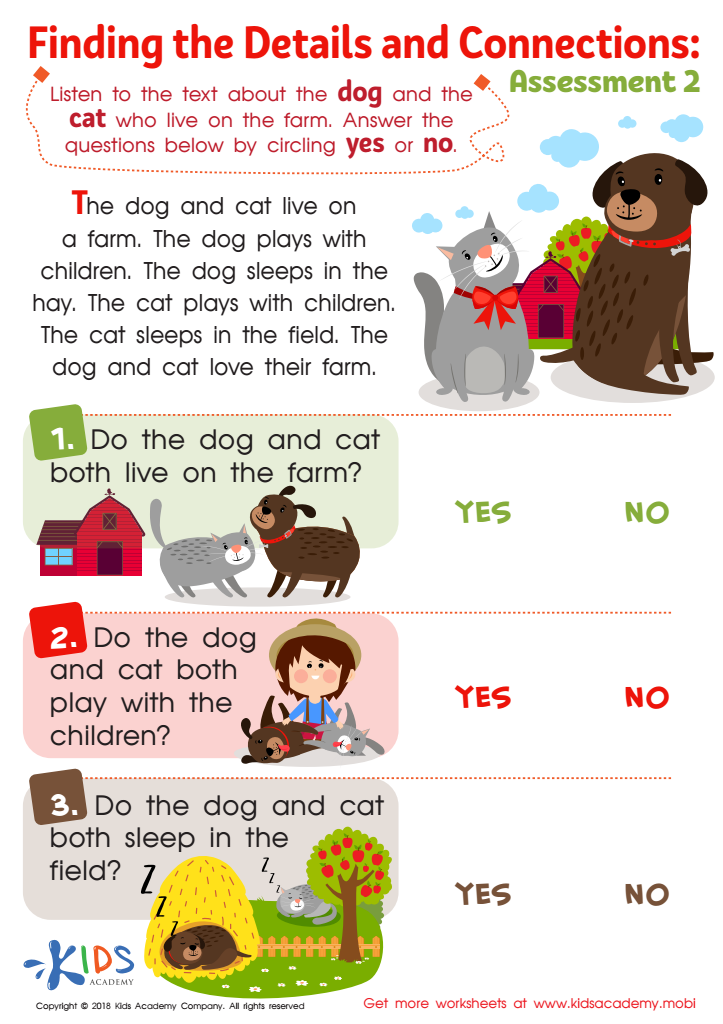

Finding the Details and Connections: Assessment 2 Worksheet
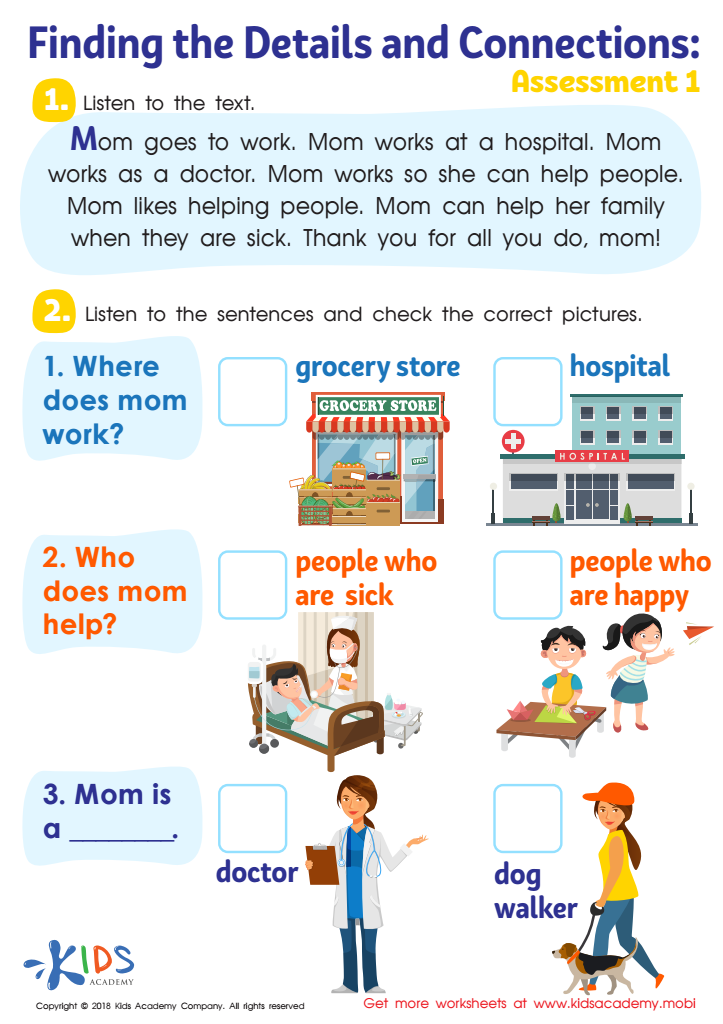

Finding the Details and Connections: Assessment 1 Worksheet
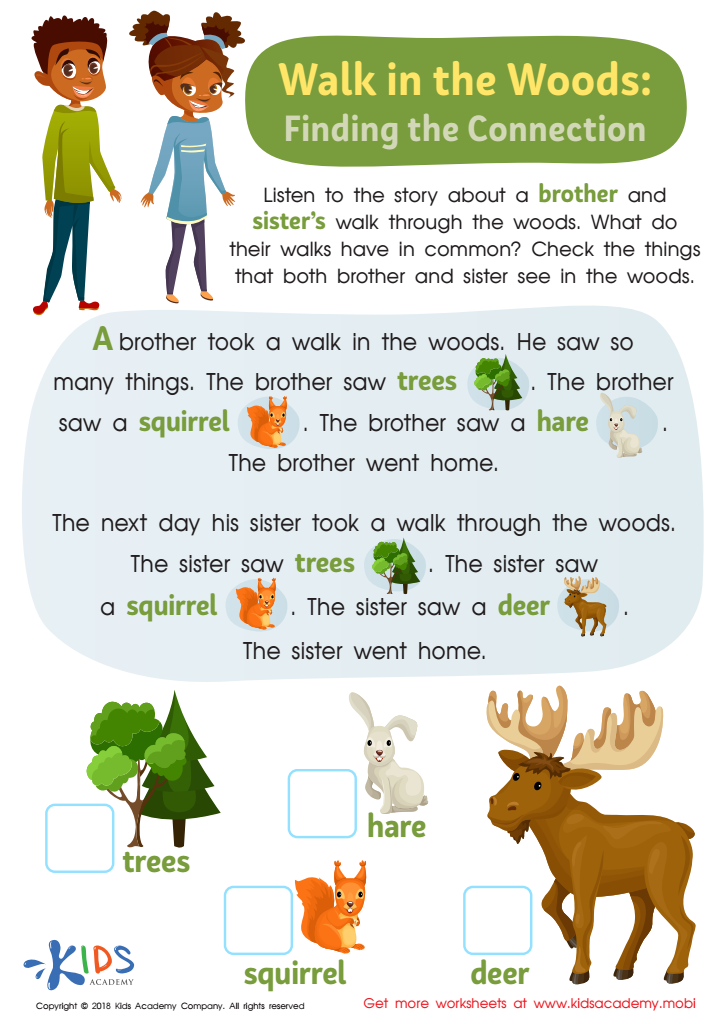

Walk In the Woods: Finding Connections Worksheet
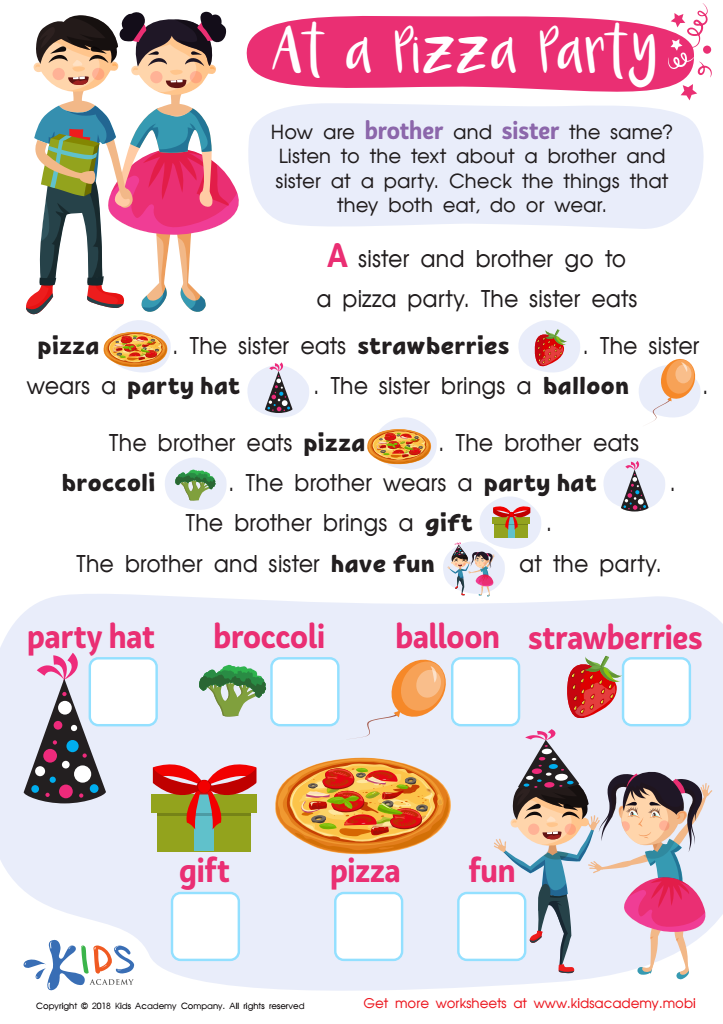

At a Pizza Party Worksheet
Building a strong vocabulary during the ages of 3-7 is crucial for a child’s overall development. First and foremost, vocabulary growth in early childhood is closely linked to reading comprehension and academic success. The richer a child's vocabulary, the better they can understand and engage with educational materials. This foundational skill set the path for future learning and academic achievement.
Furthermore, vocabulary development impacts social and emotional skills. When children can express themselves effectively, they are better equipped to navigate social interactions. They can share their thoughts, feelings, and needs more clearly, leading to improved relationships with peers and adults.
Parents and teachers play a pivotal role in this development. By intentionally incorporating new words into daily conversations, reading together, and encouraging curiosity, adults can create a language-rich environment. Simple activities like describing foods, discussing books, or explaining everyday occurrences can greatly enhance a child's vocabulary.
Investing time in vocabulary building is far-reaching. Children with a rich vocabulary are more confident communicators, show better problem-solving skills, and possess a greater capacity for empathy and understanding. Whether for academic benefits or personal growth, focusing on vocabulary during these formative years equips children with the tools necessary for a bright, successful future.
 Assign to My Students
Assign to My Students
